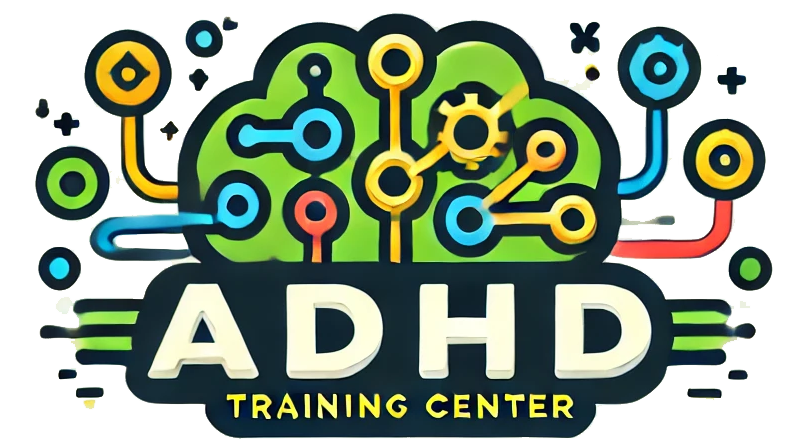Many students have started college again or will be heading there soon, and there is little denying that this is a challenging time. College is a major life transition, one of the biggest we make in our lives – especially if we’re also living outside of the home for the very first time.
College can be especially challenging for youth with executive dysfunction, which is common in those with ADHD. While executive function challenges are always present, they are often unintentionally or intentionally controlled by the structure of being with family.
- You tell your child to do their homework.
- You remind them to finish their essay.
- You make them go to bed, etc. etc.
Now that they’re on their own, they’re tasked with doing those things themselves. Since college ALSO requires significantly more self-motivation and cognitive processing, that makes this transition especially difficult for those with ADHD.
How to Set Your Child Up for Success
We encourage you to reach out to ADHD Training Center to talk to us about college ADHD coaching and parent coaching, two programs that we’ve created to help parents and students with this transition. We’ll go more in depth into these topics and hopefully help provide you with the tools and advocates your child needs to thrive.
With that in mind, consider the following
Build Systems Early
You and your student should familiarize yourselves with all of the symptoms of executive dysfunction, and then create a system for yourselves to manage those in advance. For example:
- Physical Planners – You can set up Google Calendar alerts.
- Color Codes – You can have a color coding symptom that reminds of urgency.
- Time Chunking – You can break homework down into blocks with a plan to break the monotony.
Practice these as much as possible, ideally before college starts or early on, so that you develop habits that can be used all throughout the college experience without trying to figure things out on the fly.
Leverage Digital Assistant Technology
There are now many tools, like apps, that can be used to help make sure that you’re able to quickly solve issues with memory gaps and task management. For example:
- Task managers, like Trello, can help create step by step project breakdowns.
- Focus apps, like Forest or Freedom, can block distractions.
- Voice notes, which come with most phones, can quickly capture ideas.
When a student hears something they need to remember, they can learn to quickly make a note of it using a tool, color code it, give it a schedule, and so on before trusting their memory and time management skills. Then they can combine that with other reminders (eg, “check homework notes” scheduled for every night at 8:30pm) to make sure that they stay on task.
Schedule and Secure Help Early
Many students with ADHD struggle to ask for help until it is already overwhelming, when overcoming the tasks at hand may be too difficult in a short time. That is why it is helpful to have a plan in place not only ask for help early, but have ongoing help.
Examples can be:
- Talking to teachers or staff about your ADHD and requesting reminders about due dates or a weekly meeting time to discuss projects.
- Help getting into classes that are at times that align with your ADHD (for example, no very early morning classes).
- Extended test time, if possible.
- Due dates that parents can keep track of and help with, such as when the FAFSA is due.
Some teachers may say no. That will happen. But advocating for yourself early and making sure you have help available is one way to make sure the year will go more smoothly.
Have Backup Plans
It’s good to practice for What If scenarios so that you can respond quickly. How can you prevent and respond to things that might go wrong.
Example:
- Any time you have a test in the morning, have 3 alarms on so you have a prevention tactic for “what if I oversleep?”
- Any time you forget an assignment, have a drafted email template ready to send to the teacher to help you explain the situation without the cognitive stress.
Having a plan in place for these types of “what if” scenarios helps to reduce anxiety and prevent situations where the burden of responding to a challenge is more overwhelming then the challenge itself.
Learn to Embrace the ADHD
Students that are willing and able to embrace the fact they have ADHD are more likely to be in a positive situation for their mental health. They’ll be able to ask for help easier because they’ll accept themselves for their needs. They’ll recognize challenges they face so that they can respond accordingly. They’ll know enough about what’s happening to them and why to overcome failures and celebrate wins.
We live in a neurotypical world, so many of the tips here are designed to respond to neurotypical needs. That is the reality of the society that we live in. But we don’t need to BE neurotypical. We can love ourselves for how our minds work, knowing that we’re developing tools to help us thrive not to change who we are.
For more information, or to start getting help, reach out to ADHD Training Center today.


